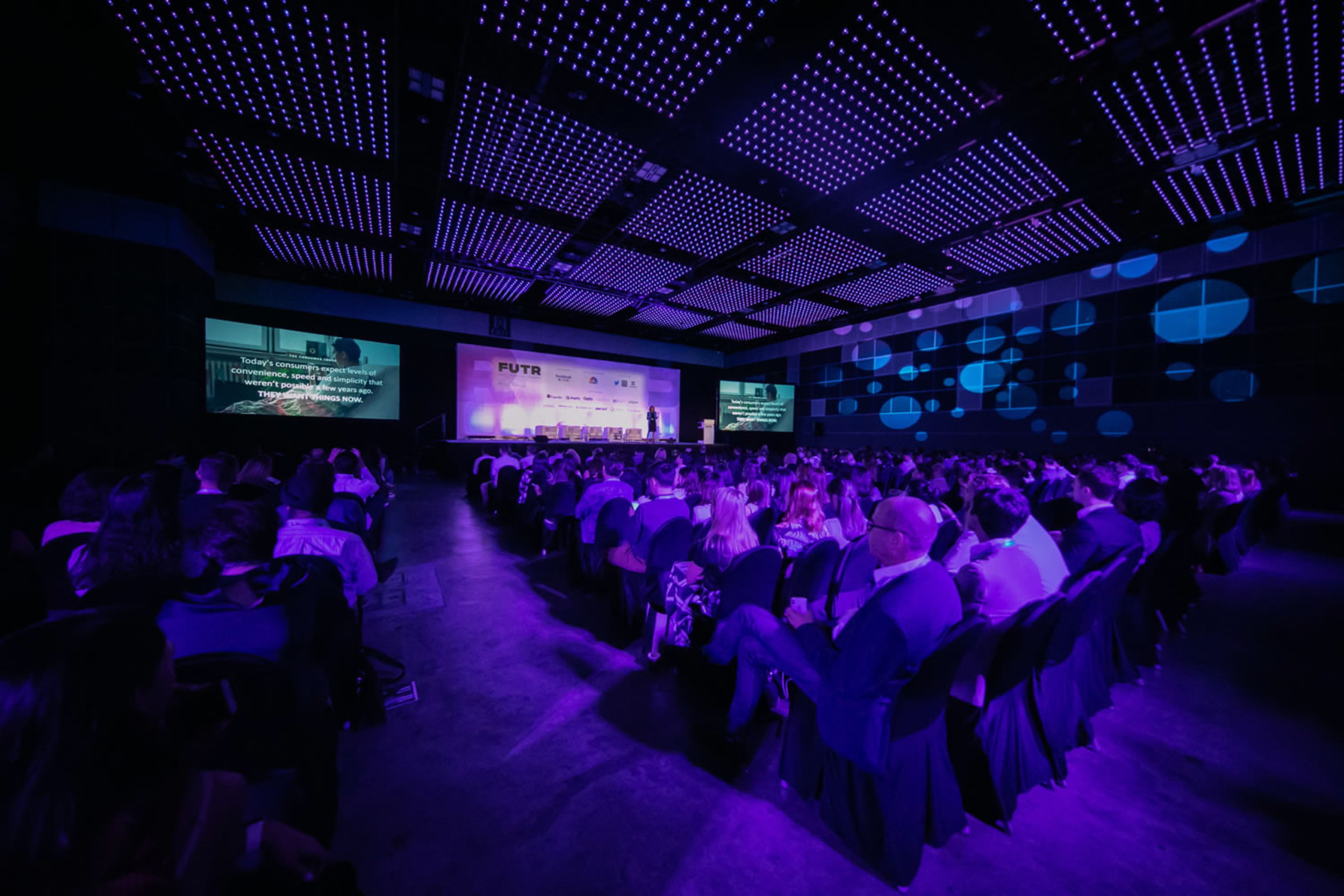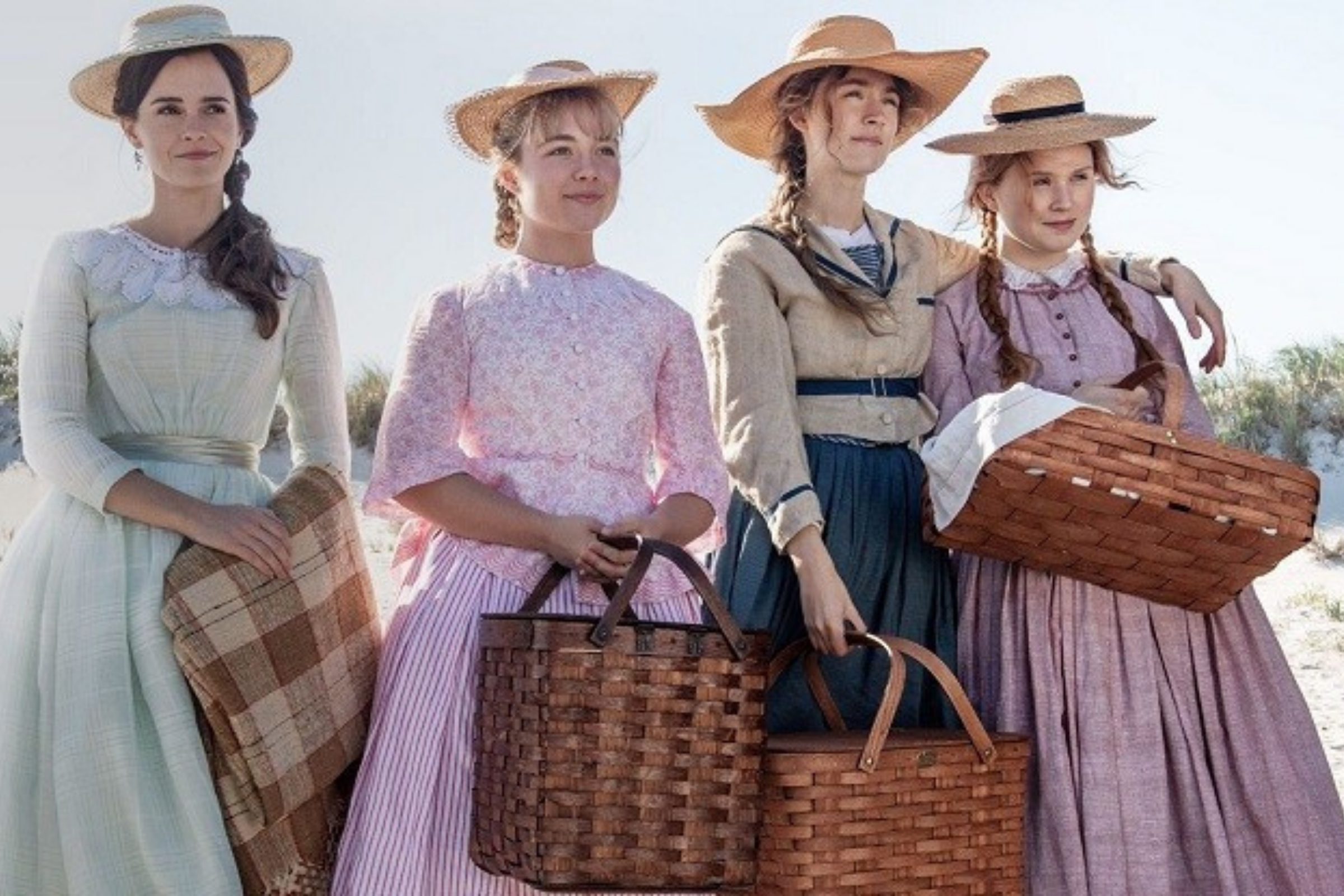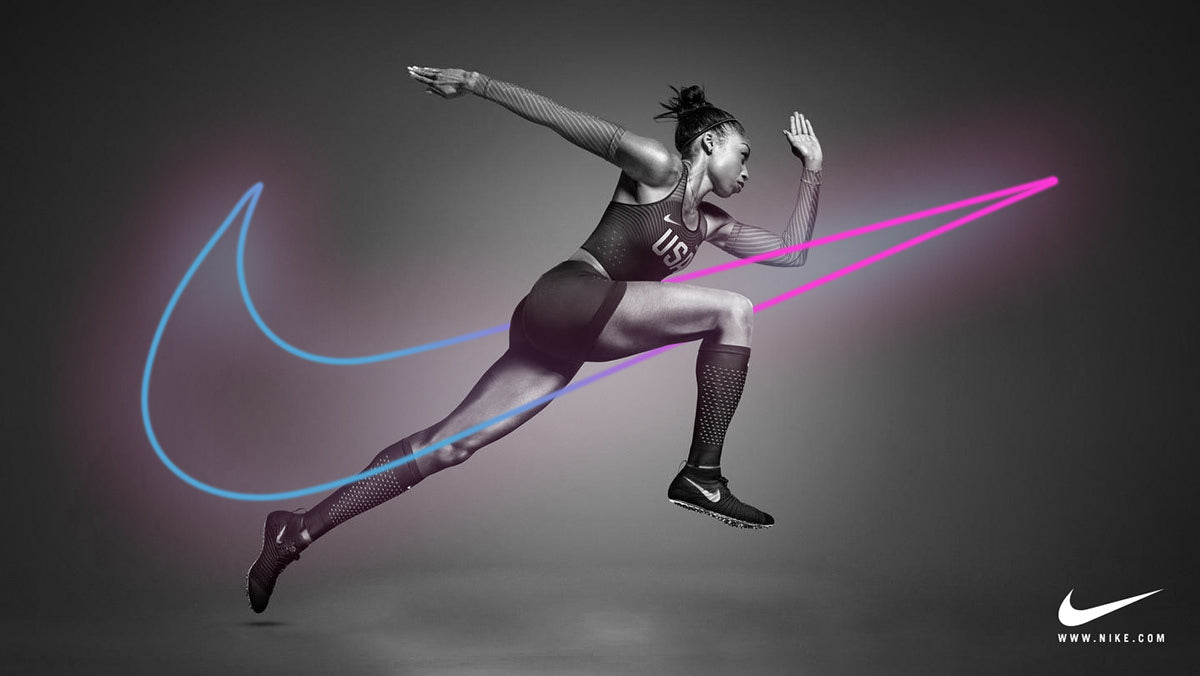Fiena is all women, girl power and everything related! Hence, why we thought is absolutely PERFECT to get a girls charity involved - introducing The Girls Network - the only London charity completed committed to helping young girls. Here we had a chat with the very #FIENA vibes - Charly Young, the charities CEO....
Why did you set up The Girls’ Network?
Girls from the least advantaged communities face a double disadvantage. The expectations held by others and themselves about how they should behave and what they should aspire to, coupled with limited professional female role models, can limit what they believe they can achieve. When I was teaching in a school in of the most deprived areas in London, I witnessed first-hand the double-disadvantage facing the girls in my classroom. Challenges born from the expectations placed on them to look a certain way, act a certain way, pursue certain types of ‘female’ careers or life choices. And those stemming from the fact that they knew no professional women, and could see no one like them in the roles or careers to which they might aspire. One day, my co-founder Becca and I took a group of girls into the City of London on a law walk, in an attempt to explore the many opportunities available to them. It was also a chance to go into central London – something few of them did, despite living only 30 minutes away. Standing outside the Gherkin, one female student came up to us and asked, "Miss, why is that woman wearing a suit?" It was then that we realised the wide-reaching impact that not having professional female role models was having on the girls. So, we set up The Girls’ Network, matching women to girls as mentors, and building a network of role models, to try and ensure that no girl is limited by her gender or background.
What’s the biggest success story you’ve had?
It’s hard to isolate one story, as each young women goes on a different journey across the year, and indeed beyond. They have different dreams and aspirations, face different challenges, and success looks quite different for each one of them. Some stand outs, however, have been young women who started the programme with very limited belief in themselves, without being able to look an adult in the eye, or stand up and share their views. Some of these girls have gone on to run for office at University Student Unions, set up YouTube channels, and address rooms full of professionals. We have had a girl graduate and successfully secure a job with The Girls’ Network; another has now come back to be a mentor herself. For some of the young women the impact is immediate – others stay in touch with their mentors, or come back years later and share how the mentoring they received as a teenager went on to influence their choices and self-belief as a young adult. Whatever the story, we know that mentoring works, and that the very act of a mentor investing time and belief in their mentee, can transform the way that mentee views herself and her future.
What’s your vision for the future - through The Girls Network?
I would love to see a future where no young person is limited by their gender or their background, and I believe that The Girls’ Network is part of the solution in bringing that about. Mentoring is a power tool for both mentor and mentee, and we want to grow our reach across the UK, either directly mentoring girls and young women or sharing our model, our resources, and the stories of the women we work with in order to inspire and empower. I also believe there is work to do in shaping the wider world, and that the girls and young women we work with have a key role to play in that. Their experience, their ideas, and their outlook can help leaders to make better decisions, and consequently bring about more equitable organisations, structures and societies. As a growing voice, I believe we have an opportunity to provide a platform for the girls and young women we support to do this. Our girl-led mentoring is a great example of this – pairing young women who have been through our programme with senior leaders across organisations, helping them to tackle particular issues through the lens of a young woman. You can read more about our girl-led mentoring here: https://www.youtube.com/watch?v=-oNuec6Y1uA
How does running a charity differ from a business? What’s your advice to anyone wanting to set up a charity?
In many ways, running a charity is much like running a business! The big differences lie in who is responsible for the organisation and what happens to any money made. Whilst a company can be owned, a charity is governed by trustees who essentially ‘caretake’ the organisation, ensuring regulations are followed, money is raised, held and used properly, and that the charity is working as effectively as possible towards the ends that it was set up for. Money made in a business is profit, and can be used, pretty much, as decided by those running the business. Social Enterprises have some more rules about how that profit should be used. Charities make surplus rather than profit. This should be used to further the charity’s goals, with only a proportionate amount held back as reserves to ensure the charity can weather any potential challenges or changes in circumstance without interruption to the service it provides. Of course, as a charity you can generate funds through donations as well as sales. This can provide you with more diverse income streams, and means you don’t always need a ‘customer’ who can pay for the service. When deciding on your organisational model and structure, I would consider your funding model and how you can ensure it is diverse and sustainable. I would also think about governance and ownership – if you want greater ownership and to be able to sell your organisation, then a charity is probably not the route for you. If you do decide to set up a charity, then a good starting place is your Theory of Change. With this framework in place, you will be able to better determine what you do and don’t do, who might fund the work you are doing, and how you will be able to demonstrate impact.

What’s the biggest challenge you’ve faced during COVID?
The biggest challenge throughout the pandemic has been switching all of our in-person mentoring online. This had both logistical and safeguarding implications, and whilst more accessible for some, proved less so for others. Digital poverty is a reality for many, and for others, having to spend an hour looking at your own face and directly at another person can be quite intimidating. Despite the challenges, we saw over 70% of mentoring sessions switch to take place virtually within three weeks of the first school closure. We recorded 2916 hours of virtual mentoring nationwide across the first lockdown, and of those girls who took part in a wholly virtual mentoring programme during the pandemic-related school closures: • 98% said mentoring had improved their confidence during this time • 81% said mentoring helped them focus more on virtual school work • 98% of girls believed their mentor helped them feel more positive about the future • 76% of girls used their mentor as a source of support outside of sessions
What is the key to having successful co-founder relationship?
Constant communication and clarity on roles are, to me, two of the most essential elements of a successful co-founder relationship. Agreeing expectations and decision-making processes upfront, anticipating the difficult conversations ahead and having a plan for how to approach them in a way that is productive, and constantly working on your relationship to ensure it remains productive. For me, my relationship with my co-founder almost felt like another marriage. It was such an important relationship and it required work to make it the best it could be. It mattered to be open and honest, to share grievances, but to be respectful and to support each other. Remembering to celebrate successes is also important, and to have fun together. Enjoy the journey! It’s a privilege to have someone to share it with.

Tell us more about how you have upscaled the operations from when you set up the brand?
It was important for me to expand outside of London as soon as we were able. Firstly, because there was great need beyond the capital as well as within it, but secondly because I wanted to test our model was scalable in different geographies. As a person-and-community-based programme, we chose to open new hubs in city-centres in order to create a critical mass of engagement that would allow us to reach those in more rural or isolated locations. Key to this was understand the essential elements to launch in a new region: need, supply of mentors, corporate partnerships, relationships with schools and a source of initial funding. We were very fortunate to secure five years of funding from The Big Lottery to fund our expansion across the Midlands and North West, and further funding from Esmee Fairbairn and then the Tees Valley Combined Authority to further our growth into the North East, Our brand is all about people, community and relationships. It matters that those involved feel like it is ‘their’ network; something that they are part of, rather than a thing ‘done to them’ so that it has lasting impact and reach, even beyond the mentoring relationships themselves.
How does a Fiena member join the Girls Network as a mentor?
If you would like to become a mentor, you can find out more and fill out an application form on our website. We’d love to have the FIENA girls as part of our network! https://www.thegirlsnetwork.org.uk/become-a-mentor







